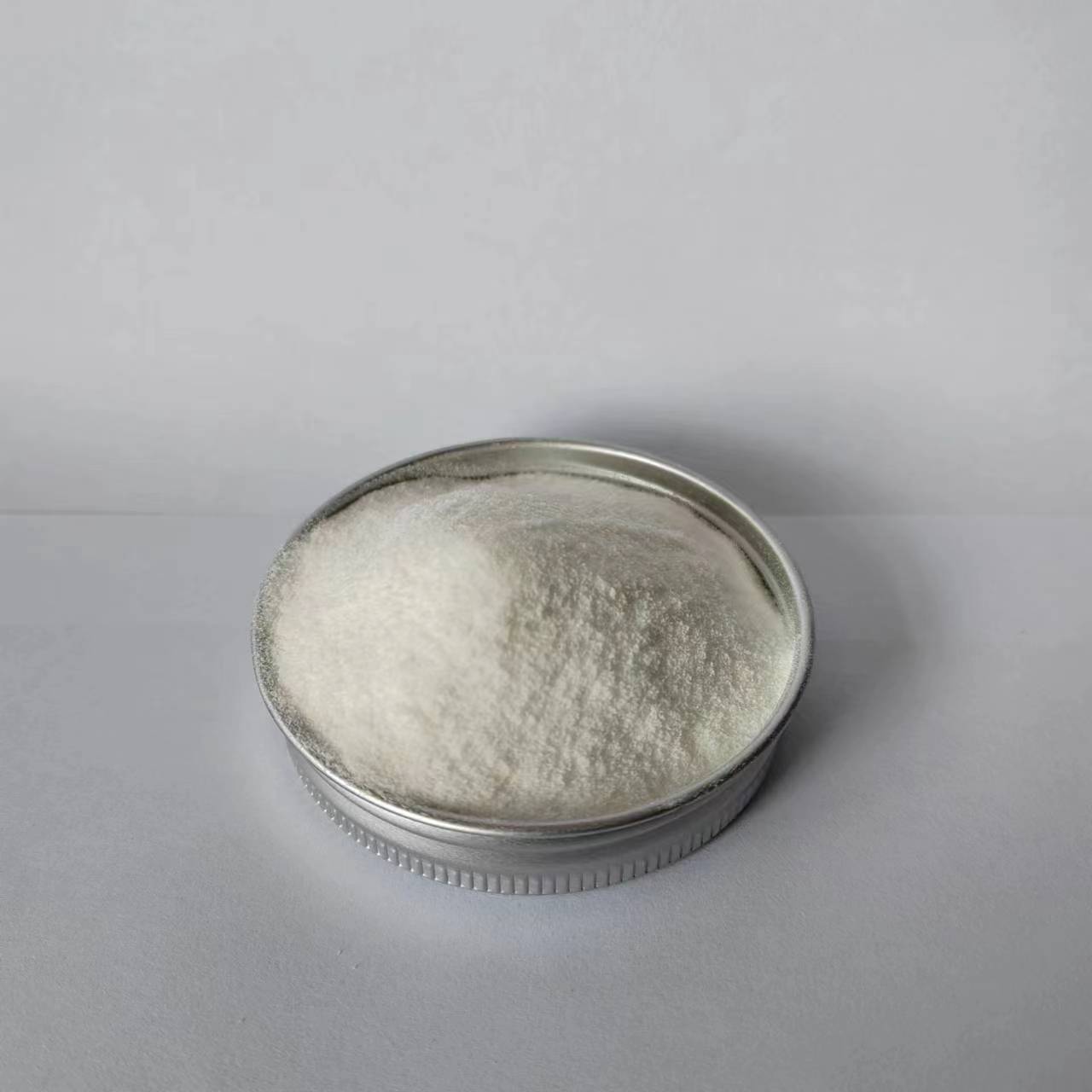Resistant Dextrin for Health Food
Blood Sugar Control: Indigestible dextrin has a low glycemic index, meaning it has minimal impact on blood sugar levels. This makes it a suitable option for individuals with diabetes or those looking to manage blood sugar levels.
Resistant maltodextrin, also known as resistant dextrin or soluble corn fiber, offers a range of advantages that make it a valuable ingredient in various applications.
One of the key advantages of resistant maltodextrin is its low glycemic index (GI). It is not rapidly broken down and absorbed in the small intestine, resulting in a slower and more gradual rise in blood sugar levels compared to regular maltodextrin or other high glycemic index ingredients. This characteristic makes it an excellent choice for individuals with diabetes or those looking to manage their blood sugar levels.
Another advantage of resistant maltodextrin is its impact on digestive health. As a prebiotic fiber, it serves as a food source for beneficial bacteria in the gut. This promotes their growth and balance in the intestinal flora, contributing to improved gut health and overall digestive function. The fermentation of resistant maltodextrin in the large intestine also produces short-chain fatty acids, such as butyrate, which are beneficial for colon health.
Resistant maltodextrin has a minimal impact on the flavor, texture, and appearance of food and beverages. It is virtually tasteless, allowing it to be easily incorporated into a wide range of products without altering the taste profile. Additionally, it exhibits excellent solubility and stability, making it suitable for various applications including baked goods, beverages, dairy products, and convenience foods.
Another notable advantage of resistant maltodextrin is its functional properties. It acts as a bulking agent, providing texture and mouthfeel to food products without adding excessive calories or sugar. It can also improve the moisture retention and shelf life of baked goods by reducing staling and preventing textural changes over time.
Furthermore, resistant maltodextrin is well-tolerated and has a low likelihood of causing digestive discomfort, making it suitable for individuals with sensitive stomachs or digestive issues. It is generally recognized as safe (GRAS) by regulatory authorities and has a long history of use in the food industry.
In summary, resistant maltodextrin offers several advantages, including its low glycemic index, positive impact on digestive health, minimal impact on sensory characteristics, versatile application, functional properties, and good tolerability. These factors contribute to its popularity as a beneficial ingredient in the development of healthier and more functional food and beverage products.










